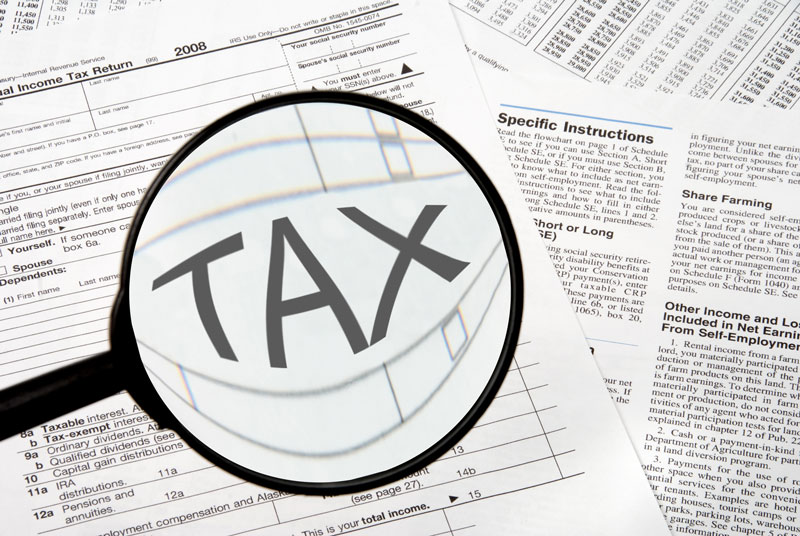Consider Your Insurance When Doing Taxes
Generally, insurance is not tax-deductible, nor are premiums. Home and auto insurance re not considered non-deductible expenses by the Internal Revenue Service (IRS). However, it might be worth taking your insurance documents and payments to your tax preparer in case you can get a write-off.
In special cases, home insurance premiums might be wholly or partially tax-deductible as a business experience. For example, if you are a landlord. Also, if you work from home and use a room in your house as a designated office space (i.e. not the living room), you might be able to deduct part of your home insurance.
Similarly, if you use your car for business-related purposes, you may be able to deduct part of your insurance premium. You may qualify for this deduction if:
- You are self-employed and use your car for business purposes.
- You are an employee and your employer is not planning to reimburse you for expenses related to business use of your car.
Have a high deductible health insurance plan? You could have access to a health savings account that could be used for future medical costs or for retirement savings. According to the IRS, for 2019, if you have self-only HDHP coverage, you can contribute up to $3,500. And if you have family HDHP coverage, you can contribute up to $7,000.
Talk to your insurance agent today to learn more. For all of your
homeowners insurance needs, talk to the professionals at Little & Sons Insurance Services, serving Banning and neighboring cities in California.



